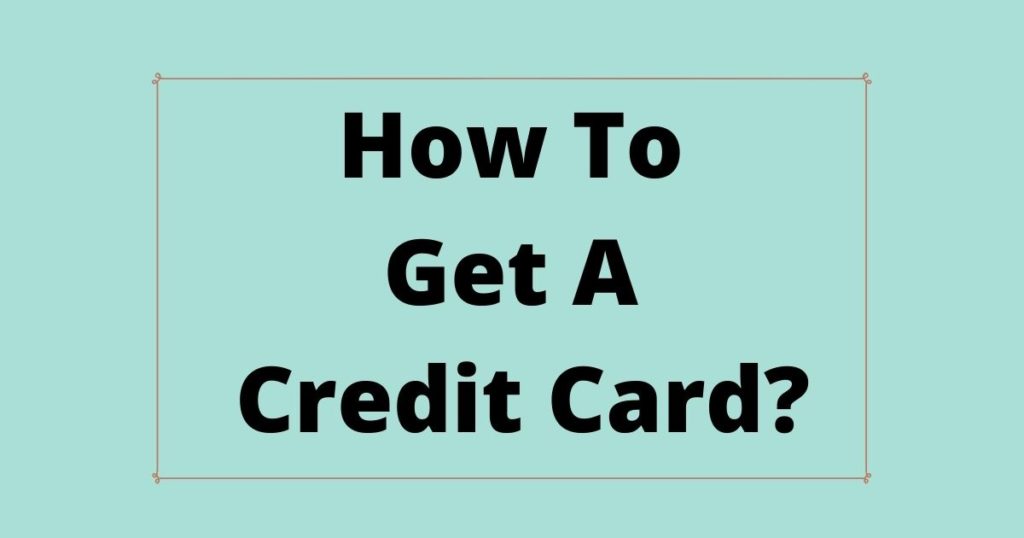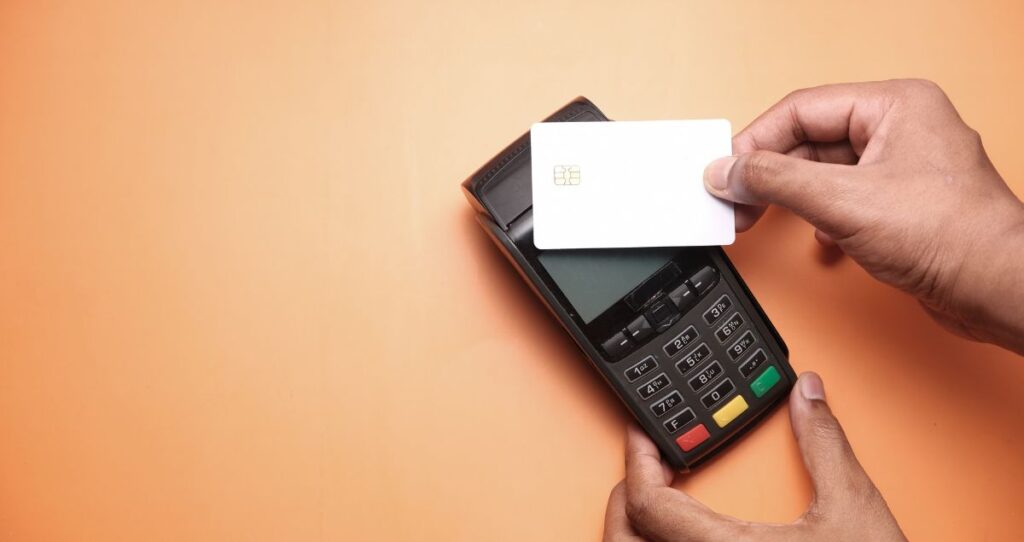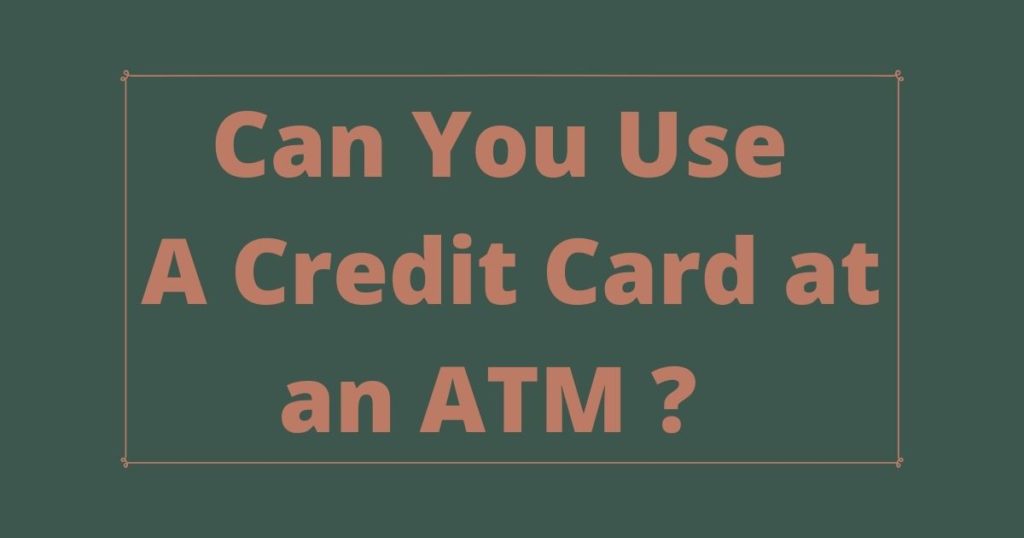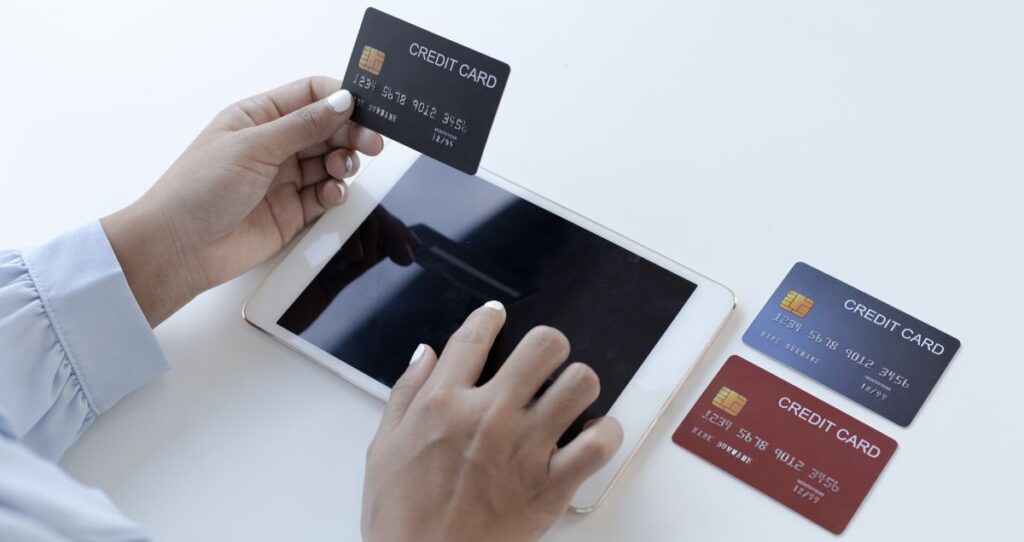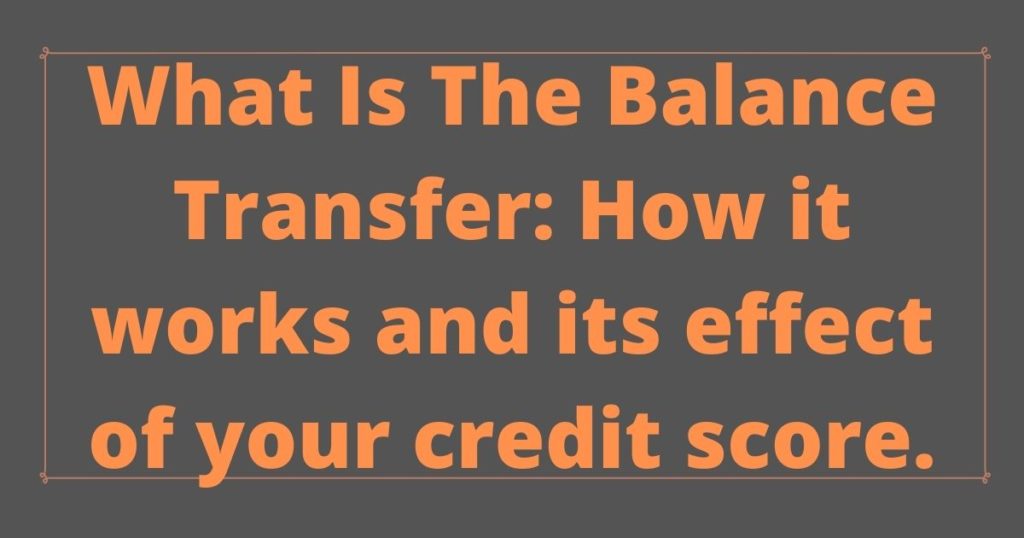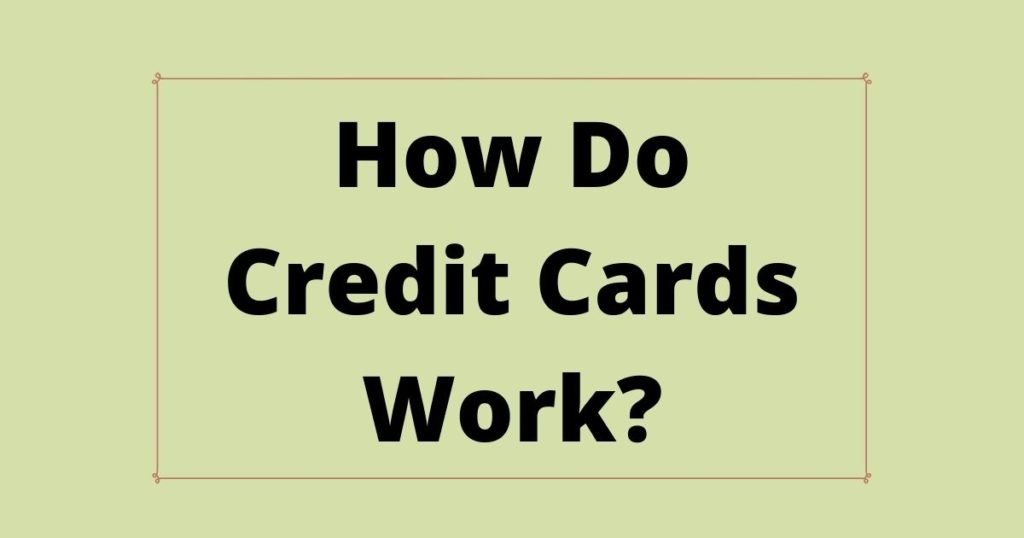The biggest difference between secured and unsecured credit cards is that secured credit cards require a security deposit to open an account while unsecured credit cards don’t require a deposit. Secured credit cards target consumers with bad credit and those who are new to credit. Meaning, you don’t need a good credit score to qualify for a secured credit card. To balance this risk, credit card issuers impose a deposit that acts as collateral in case you default on your payments. Additionally, secured credit cards come with lower credit limits, higher interest rates, and fees, and limited features compared to unsecured credit cards.
On the other hand, unsecured credit cards do not require a deposit to open an account. The lender relies on your credit history, credit score, and income to judge your creditworthiness. For this reason, unsecured credit cards are harder to qualify for. Another feature that stands out on unsecured credit cards is that they come with higher credit limits, lower interests and fees, and higher perks such as cashback, points, miles, and similar discounts compared to secured credit cards.
Keep reading for more details on how both categories of credit cards differ and how to pick the right one for your financial needs.
Secured vs. unsecured credit card
Secured and unsecured credit cards work the same and are accepted anywhere credit cards are accepted. Additionally, these two categories of credit cards are similar in terms of look and usage. This means that if you have a secured credit card and you have an unsecured credit card, you cannot tell the difference between the two by just looking at them or using them.
So, what is the difference between secured and unsecured credit cards? The biggest difference between a secured credit card and an unsecured credit card is how they are obtained and the approval requirements. The features of these two categories of credit cards are also different because they target different consumers based on credit history.
Secured credit cards are designed for people with no credit history or those with bad credit. Additionally, secured credit cards require a deposit which is used as collateral in case you default on your credit card payments. On the other hand, unsecured credit cards are designed for people with established credit histories with good or better credit scores. Furthermore, unsecured credit cards do not require a deposit to open an account. Lenders rely solely on your income and creditworthiness when assessing your application for an unsecured credit card.
Related: What is an unsecured credit card?
Should I get a secured or unsecured credit card?
If you are planning to apply for a credit card, you might be wondering if you should apply for a secured credit card or an unsecured credit card. While these two types of credit cards operate the same way, they also come with different benefits and features. Also, the card you apply for will depend on your situation. Here is how to choose between secure and unsecured credit cards.
If you have bad credit or have a thin credit file, apply for a secured credit card. This is because secured credit cards are designed for people who are trying to rebuild their credit or those with no credit. Keep in mind that a security deposit is required for a secured credit card to protect the lender in case you default on your credit card balance. Additionally, your deposit will determine your credit limit and your features and perks might be limited. But, a secured credit card will help you rebuild your credit.
If you have a good credit card and an established credit history, apply for an unsecured credit card. This is because an unsecured credit card comes with better perks such as great cashback, miles, and points. Additionally, you get a higher credit limit, a lower interest rate, and annual fees when you carry an unsecured credit card. Finally, the terms on unsecured credit cards are also more flexible compared to secured credit cards.
Benefits of an unsecured credit card
Unsecured credit cards are the best category of credit cards you can apply for. This is because they come with a lot of features that can help you maximize your savings with more purchasing power due to higher credit limits.
Here are the benefits of unsecured credit cards.
- Higher credit limits. Unsecured credit cards come with higher credit limits compared to secured credit cards. Additionally, your credit card issuer might also increase your credit limit automatically after using your credit card responsibly for a while.
- Lower interest rates. Unsecured credit cards come with relatively lower interest rates compared to secured credit cards.
- Better perks. With an unsecured credit card, you will get to enjoy higher cashback, miles, and points. The cards also offer you the best discounts on certain purchases.
- Great terms. Unsecured credit cards come with better terms compared to secured credit cards.
- Lower annual fees
Read more: Benefits of secured credit cards you did not know
Disadvantage of unsecured credit cards
Yes, there are a lot of benefits of unsecured credit cards. But, these cards also come with disadvantages that should not be ignored especially if you are planning to apply for one.
Here are the disadvantages of unsecured credit cards.
- You need a good credit score. Most unsecured credit cards require a good credit score which is hard for many consumers to get.
- You need a stable income. Having a stable job is essential when you want to qualify for an unsecured credit card. Keep in mind that you can also use different sources of income such as interest payment, dividends, rental income, etc. if you don’t have a traditional income.
- You need a good DTI ratio. Your debt-to-income(DTI) ratio quantifies how much debt you have compared to your income. Most lenders prefer a DTI ratio that is 28% or under. Some lenders might take a DTI ratio of 36% or higher.
- You need an established credit history. Your credit history is a major fact lenders use when assessing your creditworthiness.
- Easy to get into credit card debt. Unsecured credit cards come with relatively higher credit limits that can be increased over time when you use your credit card responsibly. The more credit you have at your disposal, however, the higher the spending temptation which can lead to credit card debts if you are not careful. The lack of collateral also makes unsecured credit cards riskier for credit card issuers.
You might also like: 6 effective ways to pay off credit card debt
Benefits of secured credit cards
- You can repair your credit with a secured credit card. One of the major benefits of secured credit cards is that they allow you to build credit without applying for expensive loans. For example, if you recently defaulted on a mortgage, most lenders will deny you conventional credit accounts due to having bad credit. In this case, a secured credit card will be your option. If you manage to get approved for a secured credit card and use it responsibly, all the card activities such as payment history, credit utilization, etc, will be reported to major credit agencies(Equifax, TransUnion, and Experian). These activities will then appear on your credit report and help you build your credit and improve your credit score.
- You can upgrade to an unsecured credit card. If you use your credit card responsibly, your credit card issuer might allow you to apply for an unsecured credit card.
- Lower credit limits. Your credit limit is usually reflected by your security deposit which means that the card will prevent you from accumulating too much debt.
- A good option for starter credit cards. If you don’t have an established credit history, a secured credit card can help you build the credit you need to qualify for other forms of loans.
- You don’t need a good credit score to apply. Secured credit cards don’t require a good credit score as they target consumers with bad credit and those without a credit history.
- You can still enjoy competitive perks. Secured credit cards also come with perks such as cashback, miles, points, and other discounts that allow you to save money.
Disadvantages of a secured credit card
While secured credit cards can help you build credit, they also come with disadvantages that should not be ignored. Here are the drawbacks of secured credit cards you should know before you apply for one.
- Security deposit. Before you open a secured credit card, you will need to submit a security deposit that acts as collateral in case you default on your payments.
- Small credit limit. The credit limits on secured credit cards are usually reflected by your security deposit and they range between $200 to $2,500 according to CNBC Select. A low credit limit means that you will have less purchasing power with your credit card.
- Limited features. While secured credit cards come with common features such as cashback, miles, points, and related discounts, these benefits are usually limited or low compared to unsecured credit cards.
- Higher fees. Fees on secured credit cards are usually higher than those on unsecured credit cards
When should I get a secured credit card?
Get a secured credit card if you have bad credit or are getting started with credit. This is because when you have bad credit, most lenders and credit card issuers will deny you credit until you have rebuilt your credit. So, secured credit cards are designed specifically to help you rebuild your credit.
Additionally, if you are getting started with credit, your credit reports will have little to no information. This is known as having a thin credit file. This also means that you might not have a credit score if you never had a credit account. As a result, lenders will have nothing to help them evaluate your creditworthiness. For this reason, most lenders will deny you credit due to the lack of an established credit history. In this case, you might need to apply for a secured credit card to help you build the credit you need to qualify for other forms of loans and unsecured credit cards.
Get a secured credit card if you cannot control your spending habits with credit cards. Credit cards come with the risk of debt accumulation due to high and compounded interest. Unless you use your cards and pay off your balances in full each month, the risk of credit card debt is imminent. If you tend to overspend on your credit cards, a secured card will keep your balances lower due to a limited credit limit.
You might also like: How to avoid credit card debt?
Alternatives to getting a secured credit card
Getting a secured credit card can help you build credit and later qualify for better cards. However, this is not the only option. There are other types of credit cards you can qualify for to help you build credit. For example, if you are a student, you can easily qualify for an unsecured student credit card which you can use to build credit. You can also apply for a credit builder loan such as a car loan, mortgage, student loan, or personal loan.
Is an unsecured credit card better than a secured card?
An unsecured credit card is considered better than a secured card as it comes with higher credit limits and a lower interest rate and fees. Features on unsecured credit cards are also better than secured credit cards. However, secured credit cards are also important as they can help you build credit or repair your credit.
For example, if you recently had a bankruptcy, you might not qualify for any form of credit for a while due to having very bad credit. So, you will have to first rebuild your credit and deal with the consequences of bankruptcy on your credit reports. Due to this negative item, you can’t just qualify for a normal loan. In this case, you will need to start with a secured credit card to rebuild your credit.
The bottom line is if you have an established credit history, then apply for an unsecured credit card as it comes with better features, lower fees, higher credit limits, and no deposit.
On the other hand, if you have bad credit or have a thin credit file, start with a secured credit and later upgrade to better credit cards.
More credit card tips
Should you carry a balance on your credit cards?
What are the different types of credit cards?
How many credit cards should I have?
Dangers of credit cards: Why credit cards are bad?
What factors do credit card issuers look at on your card application?

